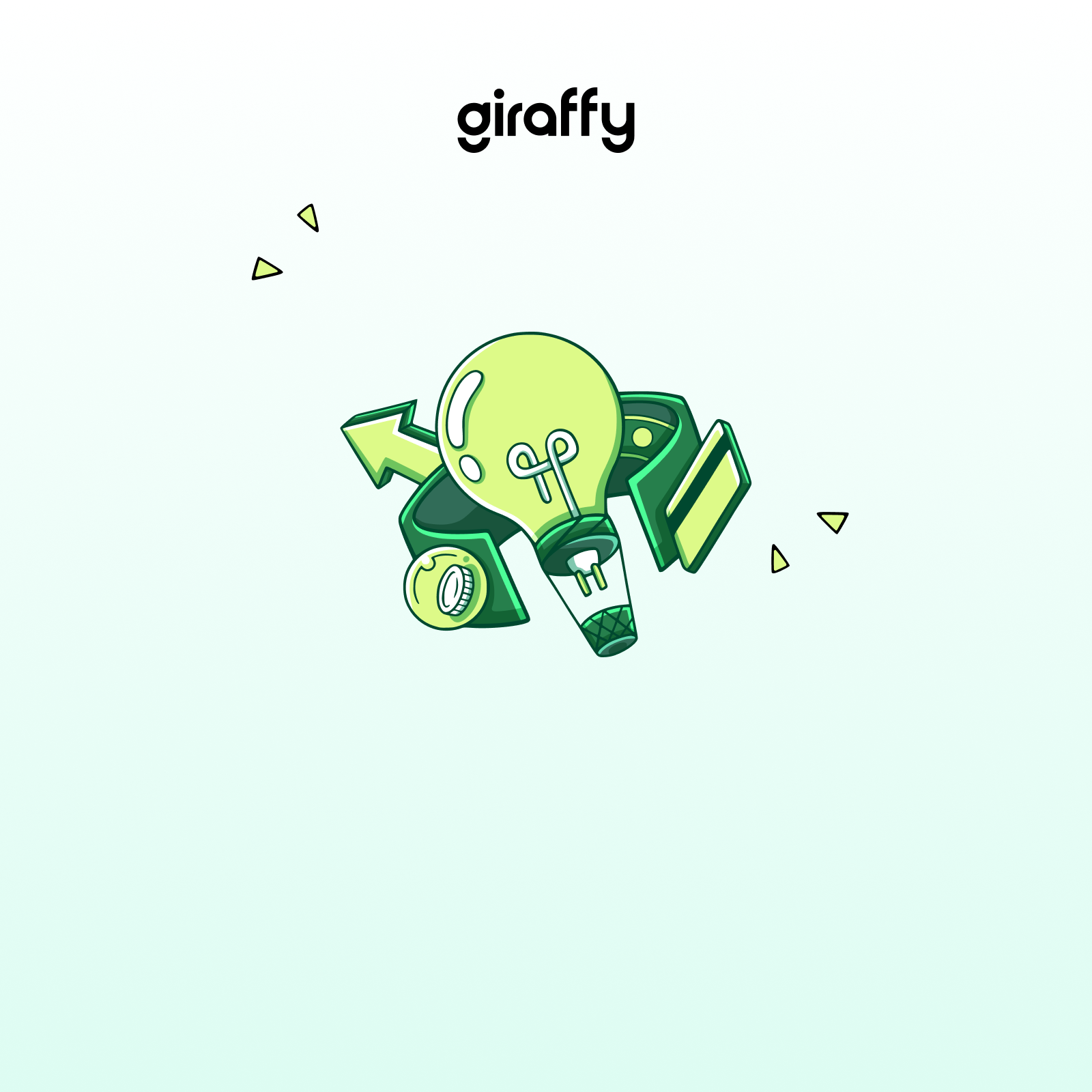
How Islamic Takaful Differs from Conventional Insurance
Islamic Takaful is a unique alternative to conventional insurance, deeply rooted in Islamic principles and ethics.
How Islamic Takaful Differs from Conventional Insurance
Islamic Takaful is a unique alternative to conventional insurance, deeply rooted in Islamic principles and ethics. While both provide financial protection against unforeseen risks, Takaful operates under a cooperative model based on mutual assistance and shared responsibility. This article explores the key differences between Takaful and conventional insurance and why Takaful is gaining popularity in Saudi Arabia and beyond.
1. Understanding Islamic Takaful
Takaful, derived from the Arabic word kafala (guarantee), is an Islamic financial product designed to provide mutual protection and shared benefits.
Key Features of Takaful:
Based on Sharia principles, ensuring compliance with Islamic law.
Participants pool contributions into a fund, which is used to compensate for losses or damages incurred by any member.
Operates as a cooperative model, emphasizing shared risk and responsibility.
In contrast, conventional insurance is a commercial contract where the insurer provides coverage in exchange for a premium, often driven by profit motives.
2. Key Differences Between Takaful and Conventional Insurance
Aspect | Takaful | Conventional Insurance |
Sharia Compliance | Fully adheres to Islamic law, avoiding riba (interest), gharar (excessive uncertainty), and maysir (gambling). | Often involves interest-based investments, prohibited in Islam. |
Risk Sharing | Participants share risks collectively through a mutual fund. | Risk is transferred to the insurance company. |
Profit Motive | Operates on a non-profit or cooperative basis; any surplus is distributed among participants. | Operates for profit; surplus is retained by the insurer. |
Investment Practices | Funds are invested in Sharia-compliant ventures. | Investments may include non-compliant industries (e.g., alcohol, gambling). |
Ownership Structure | Participants collectively own the Takaful fund. | Insurance company owns the premiums paid. |
3. Types of Takaful Products
Takaful offers a wide range of products, similar to conventional insurance, but tailored to Islamic principles:
Family Takaful (Life Insurance):
Provides financial protection and savings for families.
Contributions are pooled to support families in case of death or disability.
General Takaful:
Covers risks like property damage, theft, or liability.
Common in auto and home insurance.
Health Takaful:
Offers coverage for medical expenses and hospitalization.
Travel Takaful:
Protects against travel-related risks like flight cancellations or medical emergencies abroad.
4. How Takaful Benefits Policyholders
Ethical and Transparent:
Takaful provides clear terms, ensuring participants understand how contributions are used and distributed.
Fair Distribution of Surplus:
Unlike conventional insurance, where profits go to shareholders, Takaful surplus is returned to participants or reinvested in the fund.
Community-Centric:
Emphasizes mutual support and shared responsibility, fostering a sense of solidarity among participants.
5. The Popularity of Takaful in Saudi Arabia
Saudi Arabia is at the forefront of Takaful adoption, driven by its alignment with Islamic principles and growing consumer awareness.
Market Growth:
The Takaful industry is growing rapidly in Saudi Arabia, supported by regulatory frameworks and increasing demand for Sharia-compliant financial products.
Widespread Applications:
Takaful is widely available for auto, health, property, and family protection, making it a versatile solution for Saudi residents.
Takaful Providers in Saudi Arabia:
Many financial institutions and specialized companies offer Takaful services, including Al Rajhi Takaful, Tawuniya, and Bupa Arabia.
6. How to Choose the Right Takaful Product
When selecting a Takaful product, consider the following factors:
Coverage Needs:
Determine the type of coverage you require (e.g., family, health, or property).
Provider Reputation:
Research the credibility and customer reviews of Takaful providers.
Cost vs. Benefits:
Compare contributions, coverage limits, and surplus distribution policies.
Sharia Compliance:
Ensure the provider’s practices and investments adhere to Islamic principles.
7. Giraffy: Your Takaful Comparison Assistant
Finding the right Takaful product in Saudi Arabia can be overwhelming, but Giraffy simplifies the process. With a user-friendly platform, Giraffy lets you compare Takaful options based on coverage, cost, and provider reputation, ensuring you make an informed decision that aligns with your financial goals and values.
Final Thoughts
Takaful represents a compassionate and ethical approach to financial protection, aligning with Islamic values while offering robust coverage. By understanding the key differences between Takaful and conventional insurance, you can make informed choices that not only safeguard your assets but also support a system rooted in fairness and mutual benefit. Whether you’re looking for family, health, or property coverage, Takaful provides a Sharia-compliant solution that meets your needs. Use tools like Giraffy to explore and compare the best Takaful products available in Saudi Arabia today.